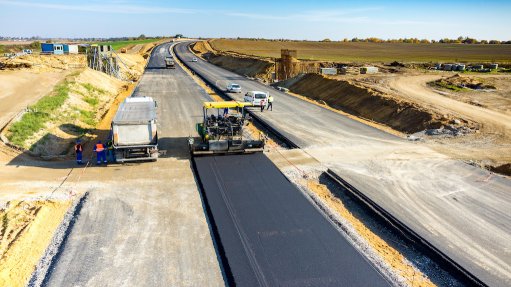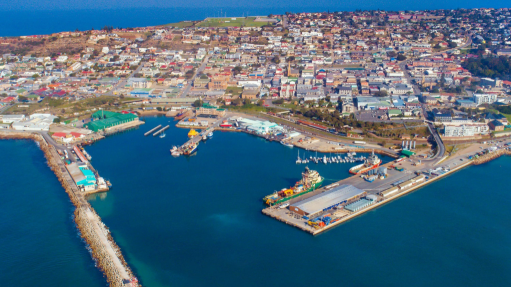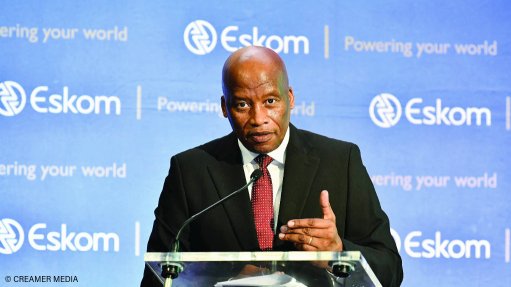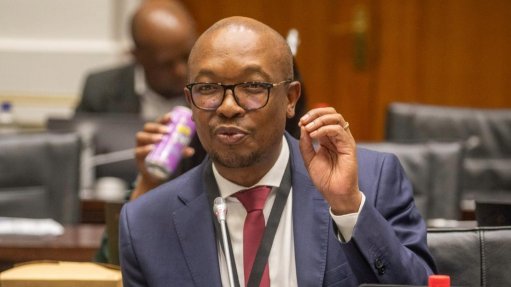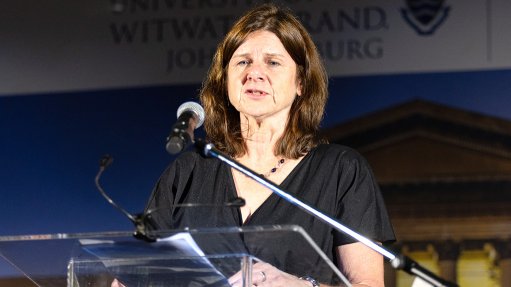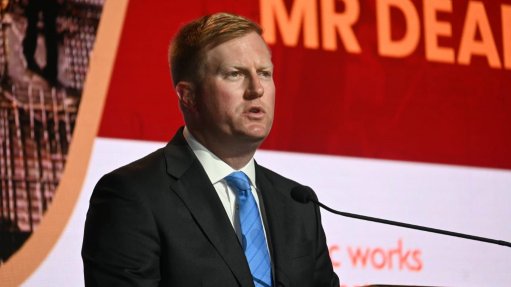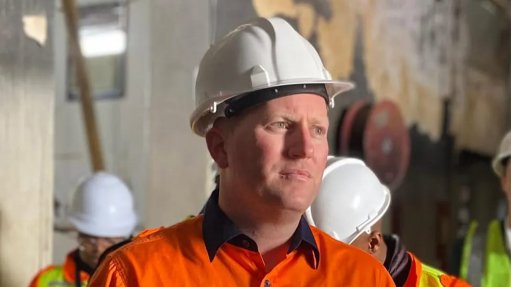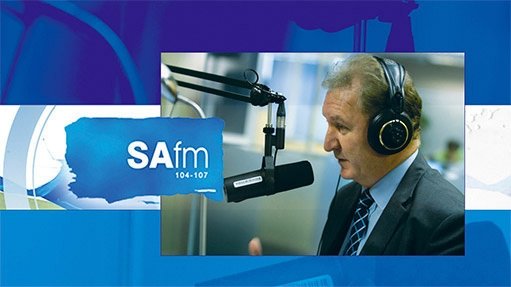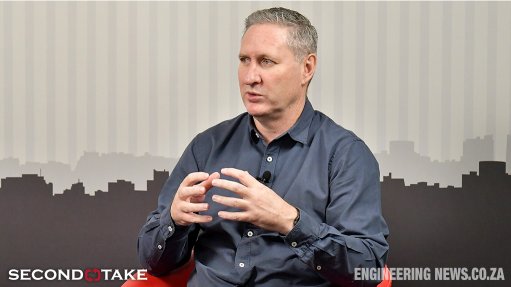Reform, State capability, corruption must be addressed before South Africa can progress – Mavuso

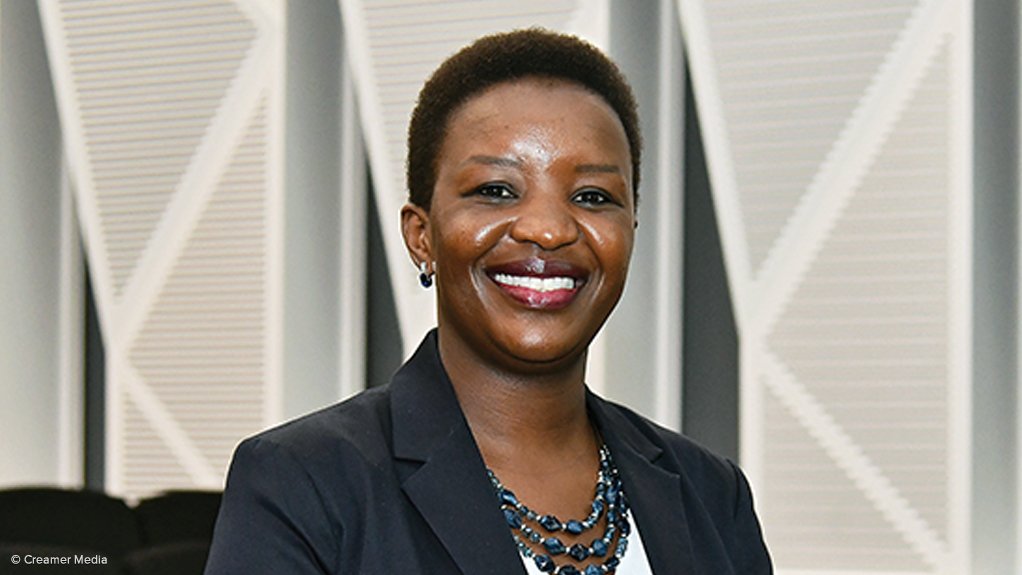
Business Leadership South Africa CEO Busi Mavuso
Photo by Creamer Media's Donna Slater
Three critical issues stand in the way of South Africa moving forward in terms of developing and attracting investment, Business Leadership South Africa CEO Busi Mavuso said at the Southern Africa France Business Forum on June 22.
Hosted by Business France, French Foreign Trade Advisors and the French South African Chamber of Commerce and Industry, the forum sought to strengthen business ties between France and South Africa.
Mavuso suggested that South Africa, currently and in the recent past, might have relied too heavily on hope that things would get better. However, she said hope was a “terrible strategy”, and that only “strict interventions” would be able to correct the trajectory of the economy.
As such, three urgent interventions were listed. Top of the list of interventions required to set the economy on a path of growth was the need for structural reform, since at the moment, structural rigidities in South Africa were serving to depress private investment and hinder inclusive growth and job creation.
Although some structural reform was currently under way, she said, South Africa also needed to accept that a lot still needed to be done.
What South Africa should be accelerating from a structural reform perspective, Mavuso said, was getting network industries – electricity, water, telecommunications and rail and port transport – working.
The proper functioning of network industries is critical, she said. “Of the four network industries that we have, three are largely dysfunctional – energy supply, rail and ports, and water.”
“The one network industry that is operating efficiently is telecommunications. This is previously the State-owned Telkom which was subsequently privatised,” said Mavuso.
CAUSE FOR OPTIMISM?
However, she acknowledged that there was a lot of work government was currently undertaking in terms of remedying the other industries, such as the lifting of the 100 MW licence threshold on the energy front and attempts to fix Transnet’s rail and ports capacity.
“On the ports [and] rail front, and water, we need to implement urgent interventions. This is important because . . . when companies make [private sector] investments, the inherent conditions precedent is that the network industries, at the very least, have to work,” said Mavuso.
Getting the network industries working properly again is important because investors cannot be attracted while basic services are lacking.
Meanwhile, in terms of attracting investment, she noted that it needed to be made easier and more appealing to invest in South African business and infrastructure. “Capital is like water. It will always follow the path of least resistance.
“So the private sector is most-likely to invest [but] the conditions precedent, and the two issues that are actually going to trigger the investment from the private sector, [are] a functioning State and infrastructure that works,” said Mavuso.
She added that no country could achieve development success without an effective State and efficient infrastructure.
In this regard, the network industries are critical because goods have to move in and out of a country, many of which should preferably be transported by rail.
Nonetheless, Mavuso said the second issue to be addressed was the development of a capable State. “This one trumps everything, because if you look at it, you will see that the genesis of our problems, as a country, is that we do not have a capable State.”
Therefore, South Africa needs to look at how it can leverage the private sector in the current environment it finds itself in.
In the past ten to 15 years, South Africa has had a serious skills exodus within the public sector. “This has created a serious capacity problem. The issue of State capacitation is important because a key determinant of any functioning State is its administration,” she stated.
“So, if you are going to fail at administration, then a lot of things - [the] basics - are not going to be in place. Without proper administration, we cannot have a capable State,” said Mavuso.
What set countries apart wa governance, she noted. “. . . not geography, ethnicity, strong-man leadership, natural endowments. It is governance.”
“Governance is what separates good, prosperous States, from bad, failing States. [Therefore], the diminishing State capacity weakens our business case for investment, along with our position as the gateway to the African continent,” stated Mavuso.
Closely aligned to a capable State was the third issue – systemic and endemic corruption within South Africa’s government. “Corruption is the cancer that we need to rid ourselves of as a country. Corruption is the greatest impediment to the country’s rebuilding efforts,” she said.
“In an environment where elected officials steal food parcels from the hungry and personal protective equipment from the sick and dying, then you know for sure that you have lost it,” Mavuso stated.
Further, corruption was going to make South Africa lose its position as the gateway to the African continent, she warned.
While not excusing private sector corruption, she pointed out that "State capital" had to act differently to "private sector capital" because it had more responsibility, and because the capital government dealt with is taxpayers’ monies.
Comments
Press Office
Announcements
What's On
Subscribe to improve your user experience...
Option 1 (equivalent of R125 a month):
Receive a weekly copy of Creamer Media's Engineering News & Mining Weekly magazine
(print copy for those in South Africa and e-magazine for those outside of South Africa)
Receive daily email newsletters
Access to full search results
Access archive of magazine back copies
Access to Projects in Progress
Access to ONE Research Report of your choice in PDF format
Option 2 (equivalent of R375 a month):
All benefits from Option 1
PLUS
Access to Creamer Media's Research Channel Africa for ALL Research Reports, in PDF format, on various industrial and mining sectors
including Electricity; Water; Energy Transition; Hydrogen; Roads, Rail and Ports; Coal; Gold; Platinum; Battery Metals; etc.
Already a subscriber?
Forgotten your password?
Receive weekly copy of Creamer Media's Engineering News & Mining Weekly magazine (print copy for those in South Africa and e-magazine for those outside of South Africa)
➕
Recieve daily email newsletters
➕
Access to full search results
➕
Access archive of magazine back copies
➕
Access to Projects in Progress
➕
Access to ONE Research Report of your choice in PDF format
RESEARCH CHANNEL AFRICA
R4500 (equivalent of R375 a month)
SUBSCRIBEAll benefits from Option 1
➕
Access to Creamer Media's Research Channel Africa for ALL Research Reports on various industrial and mining sectors, in PDF format, including on:
Electricity
➕
Water
➕
Energy Transition
➕
Hydrogen
➕
Roads, Rail and Ports
➕
Coal
➕
Gold
➕
Platinum
➕
Battery Metals
➕
etc.
Receive all benefits from Option 1 or Option 2 delivered to numerous people at your company
➕
Multiple User names and Passwords for simultaneous log-ins
➕
Intranet integration access to all in your organisation







